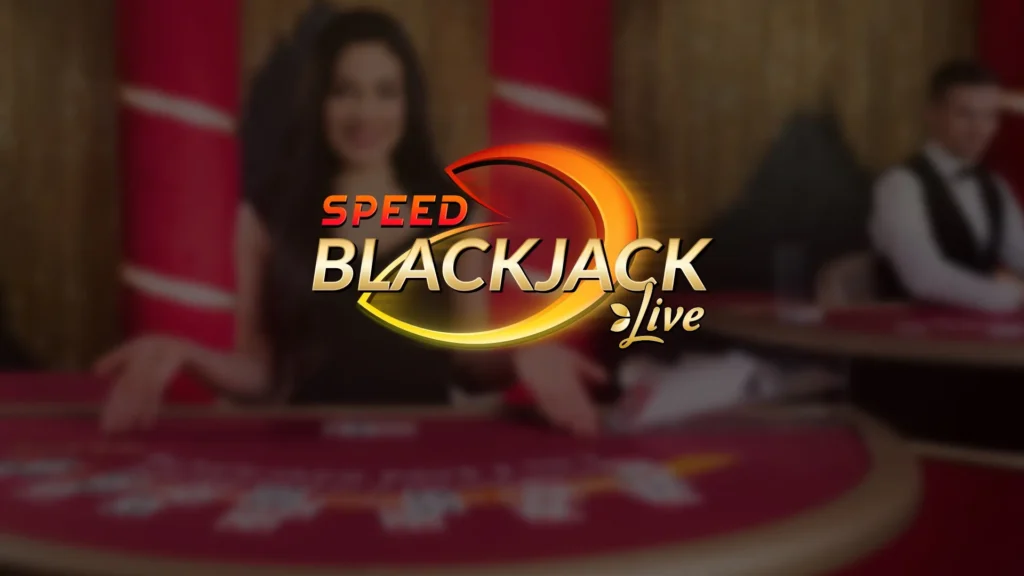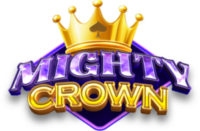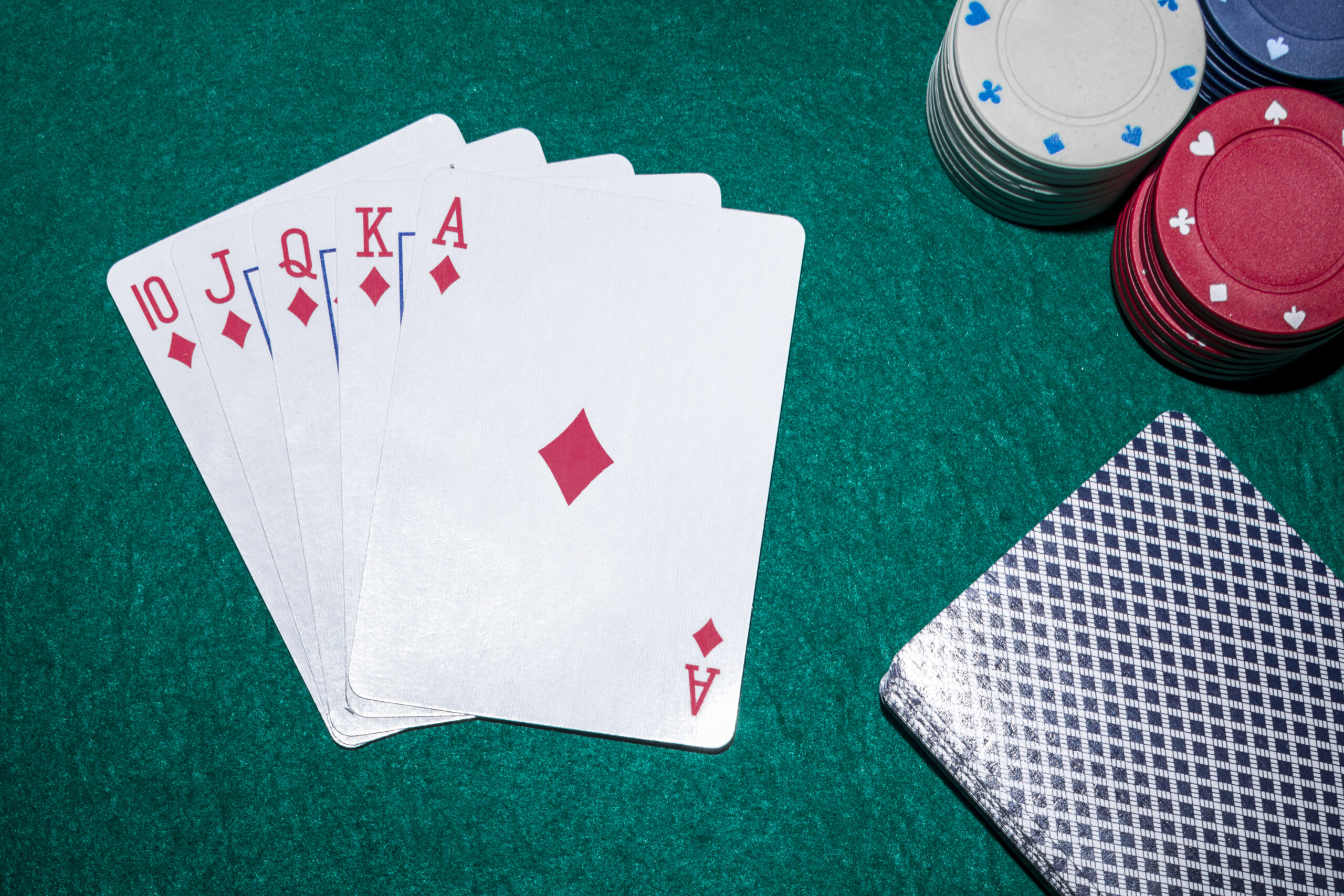
Understanding Blackjack Card Values is the foundation of mastering the game. Whether you’re sitting at a physical blackjack table or playing online, the ability to calculate and interpret these values can greatly enhance your strategy and increase your chances of winning. In this comprehensive guide, we’ll dive deep into the essentials of Blackjack Card Values, explore how they affect your decisions, and provide you with winning strategies to apply at the table.
For newcomers, Blackjack Card Values might seem complicated at first, but once you break them down, the game becomes much easier to understand. From knowing the value of each card in the deck to grasping the nuances of soft hands and hard hands, you’ll have all the tools you need to play confidently and smartly. Ready to improve your game? Let’s get started!
What Are Blackjack Card Values?
In blackjack, Blackjack Card Values determine how your hand is scored and influence your strategy during the game. Each card in the deck has a specific point value that contributes to your hand’s total score. Understanding these values is crucial for making informed decisions while playing.
Here’s a breakdown of the Blackjack Card Values:
- Number Cards (2-10): These cards are worth their face value. For example, a 2 is worth 2 points, a 5 is worth 5 points, and a 10 is worth 10 points.
- Face Cards (King, Queen, Jack): All face cards are worth 10 points. Whether you draw a King, Queen, or Jack, they each have a value of 10.
- Ace: This is the most versatile card in the deck. It can be worth either 1 or 11 points, depending on the context of your hand. For instance, if you have an Ace and a 7, your total can be 8 or 18.
To make it easier, here’s a quick reference chart for Blackjack Card Values:
Card | Value |
Number Cards | 2-10 |
Face Cards | 10 |
Ace | 1 or 11 |
Understanding how these values work will help you craft your game strategy and improve your odds of winning.
How to Calculate Your Hand: Blackjack Number Rules
Now that you know the individual Blackjack Card Values, it’s important to understand how to calculate your hand’s total. The Blackjack number rules are simple: add up the values of the cards you’re holding to determine the total of your hand. Here are a few examples:
- 7 + 5 = 12 – In this case, your hand totals 12 points.
- Ace + 9 = 10 or 20 – If you have an Ace and a 9, your hand could be 10 or 20 points. The flexibility of the Ace is key here.
Knowing Blackjack number rules helps you decide whether you should hit (take another card) or stand (keep your current hand). If you have a low total, it’s often best to hit, but if you’re close to 21, standing might be the safest option.
Soft Hands vs Hard Hands: The Key to Strategy
One of the most important distinctions in blackjack is the difference between a soft hand and a hard hand. This difference can dramatically influence your decision-making and strategy.
- Soft Hand: A hand that contains an Ace counted as 11. For example, an Ace and a 6 form a soft 17 (Ace = 11 + 6). The key to a soft hand is that the Ace gives you flexibility. If you draw a high card, you won’t bust because you can always change the Ace to a value of 1.
- Hard Hand: This is a hand without an Ace, or an Ace counted as 1. For example, a 9 and a 7 make a hard 16. Since the Ace cannot change value in a hard hand, it’s more important to play cautiously.
Knowing the difference between soft and hard hands will guide your gameplay. Soft hands are generally more flexible and give you more opportunities to take risks, while hard hands require more careful consideration.
How Much is an Ace Worth in Blackjack?
One of the most common questions players ask is: How much is an Ace worth in blackjack? The value of an Ace depends entirely on the hand it’s in.
- When an Ace is paired with cards totaling 10, 11, or 12, it’s worth 11 points, giving you a stronger hand.
- If adding the Ace as 11 would cause you to exceed 21 points (bust), it will be counted as 1 point instead.
For example:
- Ace + 9 = 20 – The Ace is counted as 11.
- Ace + 6 = 17 – The Ace is counted as 11.
- Ace + 7 = 18 – The Ace is counted as 11.
- Ace + 4 = 15 – The Ace is counted as 11.
The flexibility of the Ace is what makes blackjack so exciting. It allows you to adjust your total to avoid busting and maximize your chances of winning.
Pro Tip: At Mighty Crown, you can practice your skills and refine your understanding of Blackjack Card Values, including soft and hard hands, by playing live blackjack games.
Blackjack Card Points and Winning Strategies
Understanding blackjack card points is essential for developing a winning strategy. Here’s how card points affect your decisions:
- When to stand: If your hand is a hard 17 or higher, it’s generally best to stand. With no opportunity to improve, you minimize your risk of busting.
- When to hit: A soft 17 (Ace + 6) is a hand where you can safely hit for a chance to improve without busting.
- what is Doubling down in BlackJack: This is an effective strategy when you have a strong total (e.g., 9, 10, or 11) and the dealer is showing a weak card. Doubling your bet can increase your potential payout.
- Splitting pairs: Splitting pairs like 8s or Aces is a good strategy because it allows you to play two hands instead of one. Avoid splitting 10s or 5s, as they are already strong combinations.
Knowing when to apply each of these strategies based on Blackjack Card Values can help you make more confident and profitable decisions.
Common Mistakes to Avoid with Card Values in Blackjack
Even experienced players can make mistakes when it comes to card values in blackjack. Here are some common errors to avoid:
- Misunderstanding the value of the Ace: Don’t forget that the Ace can be worth either 1 or 11. Be sure to adjust its value based on the situation.
- Overestimating face card combinations: A hand with two face cards is a solid 20, but it’s not unbeatable. Always consider the dealer’s upcard.
- Failing to adjust strategy based on the dealer’s upcard: If the dealer has a weak upcard (like a 4, 5, or 6), you have a better chance of winning by taking risks. But if the dealer has a strong card, such as a 10 or Ace, you should play more conservatively.
By avoiding these mistakes and fully understanding card values in blackjack, you can improve your gameplay and increase your chances of winning.
Play Blackjack Online at Mighty Crown
Now that you have a solid understanding of Blackjack Card Values, it’s time to put your knowledge to the test. At Mighty Crown, you can play live blackjack, compete against players from around the world, and refine your essential blackjack tips in real time.
The interactive nature of live blackjack at Mighty Crown lets you apply everything you’ve learned about blackjack card points in a real, immersive setting. You’ll face challenges and make strategic decisions that will help you sharpen your skills and boost your chances of success.
Whether you’re practicing your Blackjack Card Values or learning how to split pairs and double down effectively, Mighty Crown provides the perfect platform to improve and grow as a blackjack player.
Conclusion
Mastering Blackjack Card Values is the first step toward becoming a skilled blackjack player. Whether you’re playing in a casino or online at Mighty Crown, understanding how to calculate your hand and apply key strategies will give you the upper hand. By using the tips and strategies outlined in this guide, you’ll be better equipped to make smart decisions and increase your chances of winning.
Ready to elevate your game? Head over to Mighty Crown and play your next hand like a pro!
Frequently Asked Questions
Number cards are worth their face value (2-10), face cards (King, Queen, Jack) are worth 10 points, and the Ace can be worth 1 or 11 points.
An Ace is worth either 1 or 11 points, depending on the context of the hand.
The best strategy involves understanding Blackjack Card Values, knowing when to hit, stand, double down, or split based on the dealer’s upcard and your hand.
Generally, you should stand with a hard 17 or higher and hit if your total is below 12.
A soft hand contains an Ace counted as 11, giving you flexibility in your decisions.
A soft 17 contains an Ace (Ace + 6), while a hard 17 has no Ace or the Ace is counted as 1.
Yes, you can practice your skills at online casinos like Mighty Crown, where you can play live blackjack with real dealers.
If your hand exceeds 21, you bust and lose the round automatically.

